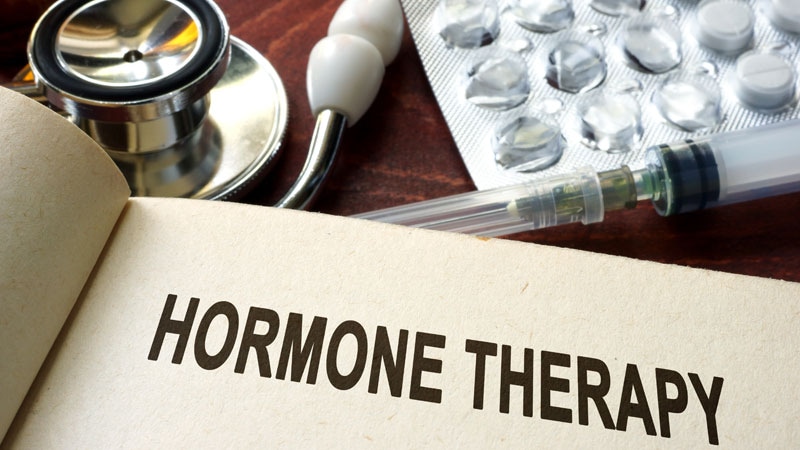Menopause, the natural cessation of menstruation, marks the end of a woman's reproductive years. It occurs due to declining estrogen levels, leading to a range of physical and emotional symptoms. Hormonal Replacement Therapy in riyadh(HRT) is a treatment option that aims to alleviate these symptoms by replenishing the missing hormones.

How HRT Works
HRT involves taking hormones, typically estrogen and/or progesterone, to replace the declining levels in the body. This can help alleviate menopausal symptoms and potentially offer other health benefits.
Types of HRT
- Estrogen-only therapy: This is suitable for women who have had a hysterectomy (removal of the uterus).
- Combined hormone therapy (CHT): This includes both estrogen and progestin (a synthetic form of progesterone) and is typically used for women who still have their uterus. Progestin is necessary for women with a uterus to prevent the overgrowth of the uterine lining (endometrium), which can increase the risk of uterine cancer.
Forms of HRT
HRT is available in various forms, including:
- Pills: Taken orally, these are a common and convenient option.
- Patches: Applied to the skin, they provide continuous hormone delivery.
- Gels: Applied to the skin, they are absorbed through the skin.
- Implants: Small rods inserted under the skin, they release hormones slowly.
- Vaginal rings: Inserted into the vagina, they release hormones locally.
- Creams: Applied to the vaginal area, they help with vaginal dryness and discomfort.
Benefits of HRT for Managing Menopause Symptoms
- Hot flashes and night sweats: HRT is highly effective in reducing the frequency and severity of hot flashes and night sweats, which are common menopausal symptoms.
- Vaginal dryness and discomfort: HRT can improve vaginal lubrication and elasticity, relieving discomfort during intercourse.
- Mood swings and irritability: HRT may help stabilize mood and reduce irritability associated with hormone fluctuations.
Risks and Side Effects of HRT
While HRT can offer significant benefits, it's important to be aware of the potential risks and side effects:
- Breast cancer: Studies have shown a slightly increased risk of breast cancer in women who use HRT, particularly combined HRT. The risk increases with longer duration of use and higher doses.
- Blood clots: HRT may slightly increase the risk of blood clots in the legs (deep vein thrombosis) and lungs (pulmonary embolism).
- Stroke and heart attack: The risk of stroke and heart attack may be slightly elevated in women using HRT, especially in older women or those with existing heart disease.
- Other potential side effects: These may include breast tenderness, headaches, nausea, vaginal bleeding, and mood changes.
Who Should Consider HRT?
The decision to start HRT should be made in consultation with a healthcare professional. It's generally recommended for women who experience severe menopausal symptoms that significantly impact their quality of life and who have no contraindications.
Factors to Consider
When considering HRT, it's important to discuss the following with your doctor:
- Your individual risk factors for breast cancer, heart disease, and blood clots.
- Your personal preferences and concerns.
- The type, dose, and duration of HRT.
- Alternative non-hormonal treatments.
Conclusion
HRT can be an effective treatment option for managing menopausal symptoms and improving quality of life. However, it's crucial to weigh the potential benefits against the risks and discuss your individual situation with a healthcare professional to make an informed decision.
Remember: This information is for general knowledge and does not constitute medical advice. Always consult with a qualified healthcare provider for personalized guidance and treatment recommendations.




Comments